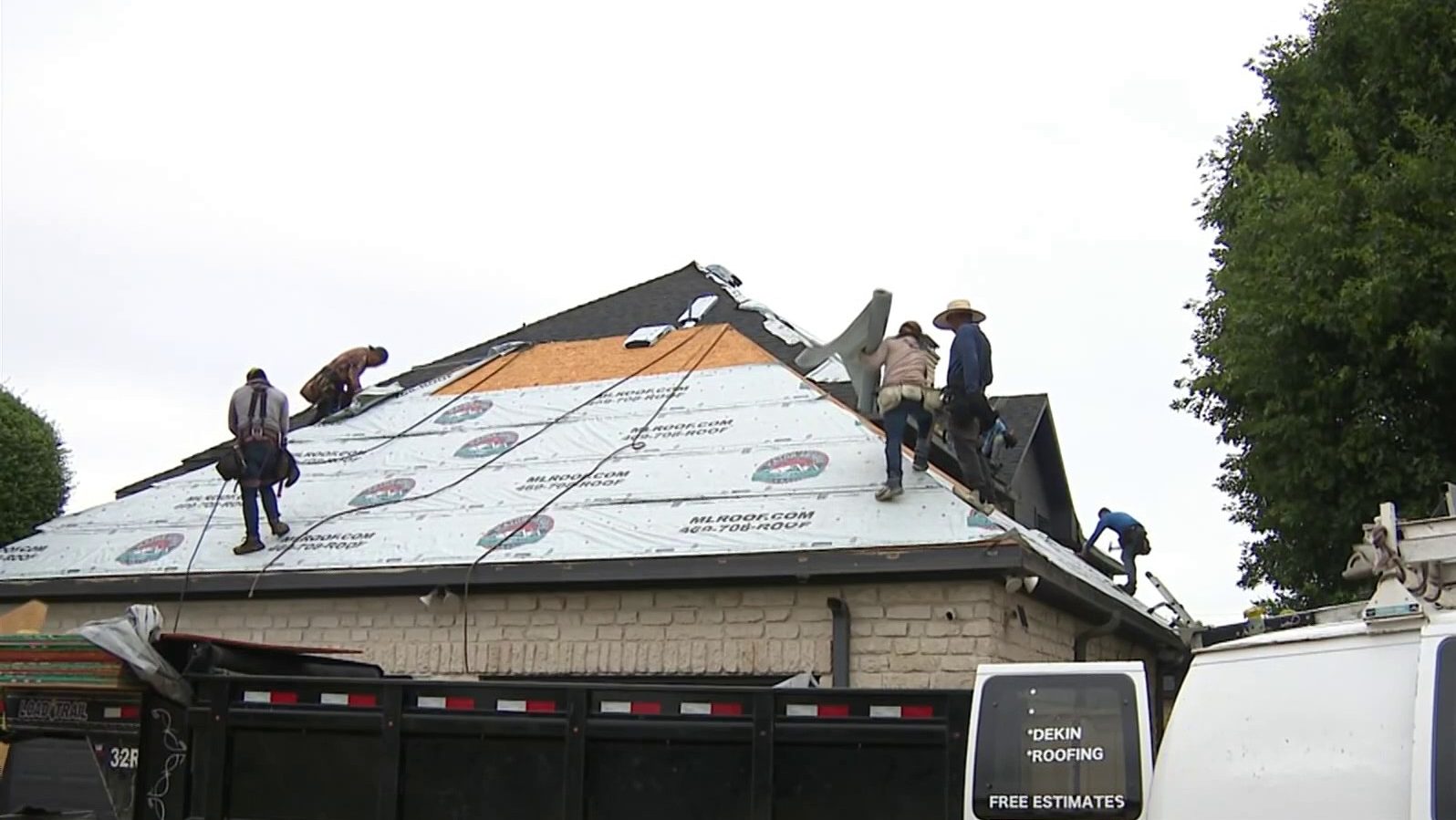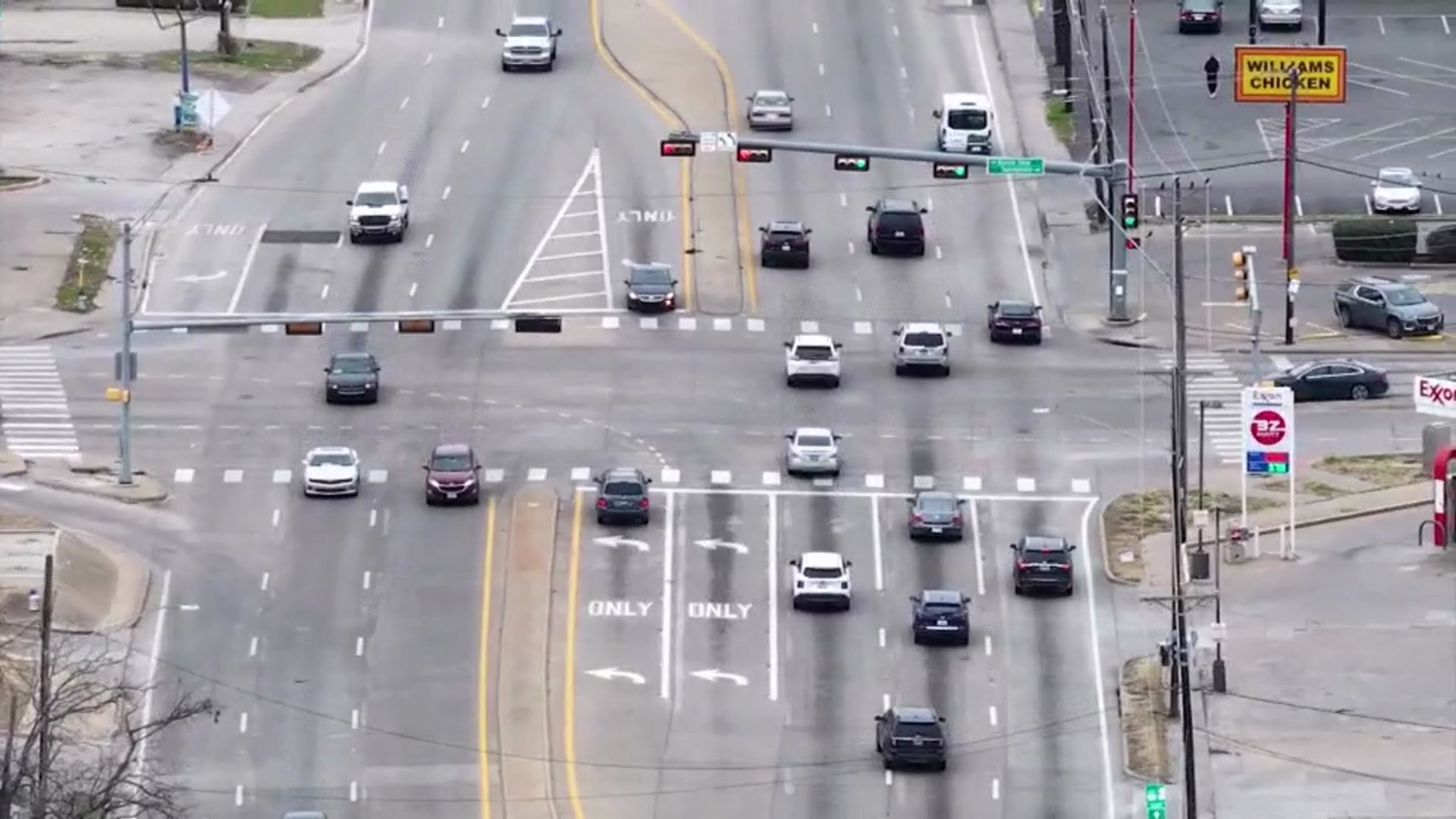House lawmakers in Austin passed a bill on Tuesday that would allow school districts in rural counties to hire extra security for their campuses.
It's a way to ease the strain during the ongoing police officer shortage and make sure smaller school districts don’t fall through the cracks in protecting students.
House Bill 249 passed the house floor Tuesday afternoon, 98 to 43.
But not before intense questioning between lawmakers.
Get DFW local news, weather forecasts and entertainment stories to your inbox. Sign up for NBC DFW newsletters.
The bill allows districts in rural counties with a population under 200,000 to bring in honorably discharged veterans or honorably retired and qualified police officers as volunteer security.
It would apply to most counties in the North Texas region outside Dallas-Fort Worth. An amendment was approved on Tuesday to include higher-population counties like Denton to the list, which still has a large number of rural communities.
Many of these communities are struggling to fill gaps during the ongoing labor shortage in various professions, including teachers, healthcare workers and police officers.
Local
The latest news from around North Texas.
“I don't know if you're familiar with how we operate in our very rural school districts, but I have one school where the superintendent and the football coach are the same,” said Rep. Glenn Rogers (R - District 60) who represents communities in Palo Pinto, Parker and Stephens counties.
He was questioned by several lawmakers trying to gain clarity on specific details while the bill was read on the House floor.
“People in schools who are acting in a position of authority, I want to make sure it’s clear what their roles are,” said Rep. Gene Wu (D- District 137).
Rogers, one of the bill’s sponsors, said volunteers wouldn't be involved in minor disciplinary issues with students but would provide additional security at campuses and school events in case of a threat.
“It’s just another tool in the toolbox for school security, that’s the way I would look at it. This bill is just another means for us to provide security, particularly in our rural schools,” he said.
Lawmakers clarified these volunteers would not be considered active officers but would still undergo training and be authorized to carry a handgun. They would also be protected from liability unless there was gross negligence, just like a school employee.
Rogers added that the volunteers wouldn't take the place of existing school resource officers but would collaborate with SROs and other security programs on campuses.
“And it's strictly voluntary and to be determined by each school [district] whether they want to adopt this program or not,” he said. "It's designed specifically to be very flexible and particularly for rural schools that don't have the resources to have other forms of security."
School districts would have the power to decide what type of training they want to require of the volunteers if they decide to implement such a program. It would also be up to the districts to decide upon uniforms and other details.
“We don't want anything horrible to happen on our school campuses, whether they're urban, suburban or rural – not here to debate that,” said Rep. Armando Walle (D - District 140).
A similar bill filed in the state senate, SB 142, is still pending passage through a senate education committee. Senate bill 11 – a much larger, more sweeping school security bill – is also pending in that same committee.
SB11 was filed after the Uvalde massacre and would allow more state funding for local districts to improve campus security. It would also create a safety and security department within the Texas Education Agency.



